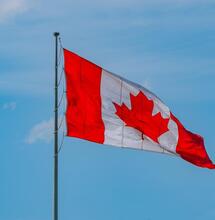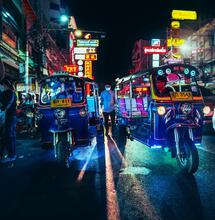Will New York Become California All Over Again?
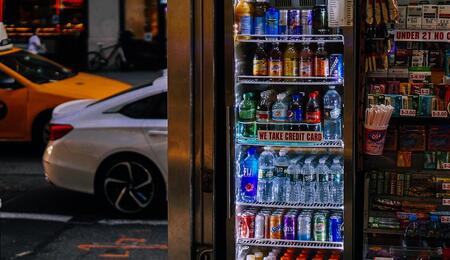
The black market has caused serious problems for California's legal cannabis sector. Now there are signs the same is happening to New York. Law enforcement has prompted the proliferation of illicit sales. New Yorkers have already accustomed to buying weed from dealers without permits as legal operators are still left in a long wait to get their licenses and launch legal sales.
New York legalized marijuana for recreational use last year, however, it appears that state authorities have now waited for too long before they launch legal sales. The vacuum period, with weed being legal but apparently with no legal shops where to buy it, has proved to work well for street dealers and shops without permits.
Dealers use head shops and bodegas, and some openly sell on the streets, often boasting their flower was grown in California.
As a matter of fact, New York has a very old and quite well-established cannabis connection with California. The Golden State continues to falter with an unprecedented number of illicit retailers and growers, although it's well into its sixth year with a regulated legal market.
Leaders in The Empire State are perfectly aware of how things played out for California, but they have still opted to take a gentler approach with anyone caught selling without a permit.
The legal sector in New York is expected to add 20,000 new jobs and become a $4.2 billion worth market by 2027. But the value estimates might already be at peril as legal licensed operators will face fierce competition from the state's flourishing black market once they enter business.
When New York became the 15th state to legalize marijuana in 2021, the focus went on reversing historical injustices created by the War on Drugs. Authorities expunged some of the marijuana-related criminal records, and they prioritized business licensing to "justice-involved people" with prior marijuana convictions. The approach has created a bubble of hesitation to punish those now caught selling weed without a permit. The state's Office of Cannabis Management (OCM) has given only vague instructions on enforcement.
"Since we didn't think that was going to happen, we didn't put anything in the bill that gave OCM and the police departments very clear-cut rules of the road to close them down," said in a statement Sen. Liz Krueger who sponsored the bill to legalize adult-use cannabis.
There have still been some enforcement pushes over the last 12 months, however. But perhaps not as significant to subdue the impact of the illicit trade. Over the summer, 19 trucks illegally selling pot on the streets of New York City were seized by the police. The truck owners were alleged of selling edibles and other foods without clearance from the Health Department. Across the state, some municipalities have shut down stores, and the OCM has sent out more than 50 cease-and-desist letters statewide. The police are urging New Yorkers to notify about illegal shops.
New York's first regulated stores are scheduled to open in the coming months. But they may have already lost a significant number of customers as people have gotten used to purchasing their stash from illicit retailers. New York state authorities may need to put extra effort into persuading consumers to turn to legal dispensaries if they want the legal industry to succeed. And we all know that it would be a tremendous challenge, mainly because illicit shops typically sell at significantly lower prices as they don't pay taxes and licensing fees and they supply their goods from places with cheaper production costs.




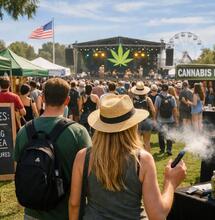

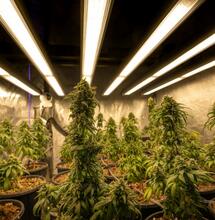




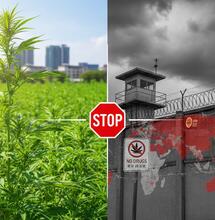
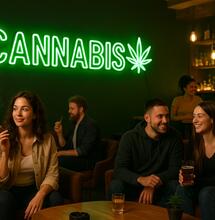

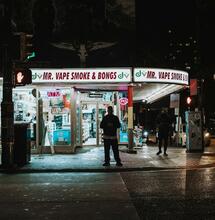
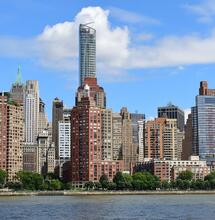

.jpg)


